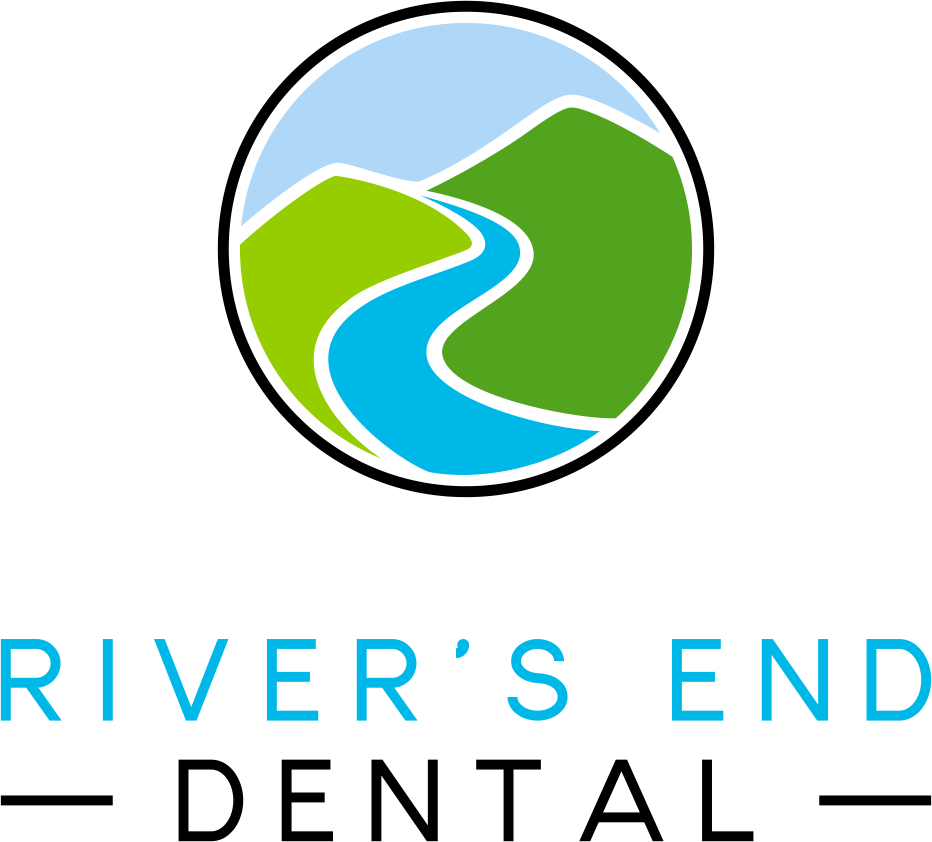Teeth Grinding
Chewing requires brief contact between your upper and lower teeth. Even given this fact, your teeth should only come in contact for five minutes total each day. It is normal for chewing surfaces to wear down a bit over time, but this should not occur at a rapid or noticeable rate.
When the surfaces of teeth wear down, they appear flat or even a bit chipped. In an x-ray, the surfaces of these teeth will appear thinner than normal. Normal function will not usually yield this result. Instead, it is likely the outcome of excess contact between your upper and lower teeth.
An Unknown Nighttime Habit
Holding tension in the body is a natural, subconscious habit for many of us. Some people hold tension in their shoulders or neck, while others may develop a habit of grinding their teeth. This can occur during the day, at night, or both. Due to sporadic grinding during sleep, many people remain unaware of the nighttime habit they’ve developed.
Morning headaches, jaw soreness, or enlarged jaw muscles are telltale signs that you grind your teeth at night. If this habit goes untreated, it will eventually wear down your teeth and lead to further jaw issues.
Damaged jaw joints can develop arthritic symptoms, chronic pain, and discomfort associated with popping or clicking. Once you get to this advanced stage, it may not be possible to fully restore jaw health.
Avoiding Irreversible Damage
If you consistently experience jaw discomfort or morning headaches, come in to speak with Dr. Patrick. Any chips or flattened teeth should also be addressed as soon as possible.
If we work together on a proactive plan, we can minimize the damage caused by subconscious clenching or grinding. We can utilize a nightguard to avoid contact between your teeth during sleep. This will ensure your tooth surfaces are protected throughout the night and help alleviate any morning discomfort you’ve been experiencing.
Daytime Grinding
If you clench or grind your teeth during the day, we can discuss strategies and options for addressing this issue. Dr. Patrick can assess your bite and make sure there are no issues with chewing. By discovering the cause of your symptoms early, we can take proactive measures to prevent further damage to the teeth and jaws.
